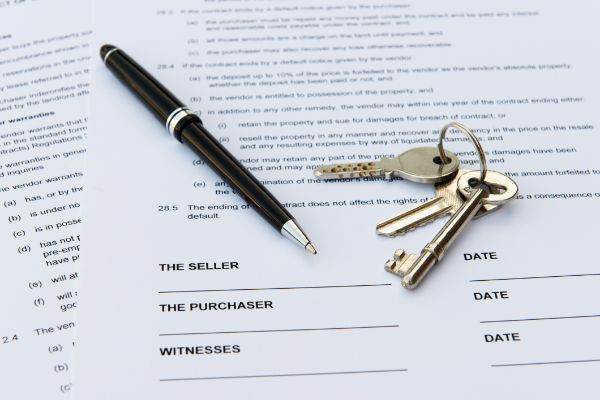When two parties enter into a Florida real estate purchase contract, they are promising to carry out its terms. In most cases, the seller is pledging to transfer ownership of the property to the buyer, and, in exchange, the buyer is promising to pay the seller on a specific date. However, when one party doesn’t uphold his or her end of the agreement, there can be a material breach of the real estate contract. One remedy in this situation is specific performance. Here is how specific performance may impact your Florida real estate contract:
Florida Breach of Contract
In general, for a contract to be legally binding and enforceable, it must have three things: offer, acceptance, and consideration. In Florida, a real estate contract can be breached when a party does not do something they have agreed to do or when one party prevents the other party from fulfilling their obligations. The breaching event often occurs sometime before closing. It could be something like the buyer failing to obtain financing or not depositing enough cash beforehand. The seller may breach by failing to make agreed-upon repairs before the sale or by not coming to the closing.
Specific Performance
When a party breaches a real estate contract, there are two possible remedies—equitable and monetary. An equitable remedy is one that requires the breaching party to do something or refrain from doing something. A monetary remedy is when one party has to pay the other for damages associated with the breach.
Specific Performance is an equitable remedy that allows a court to order a breaching party to complete his or her side of the real estate contract. This remedy is available to both sides. If the buyer is asking for specific performance, he or she usually wants the court to order the seller to be forced to complete the sale. When a seller seeks this remedy, he or she will ask the court for the same result. However, it can be complicated when a buyer doesn’t have the financing as expected, or they can’t buy because their current home has yet to sell.
When a Buyer Gets Specific Performance
When a buyer is granted specific performance, the court will issue an order that requires the seller to convey the property as agreed. The court’s order operates with the same legal effect as a deed.
When the Seller Gets Specific Performance
It is rare for a seller to be granted specific performance. If a seller was awarded this relief, a court could order a buyer to make payment as agreed by a certain date. If the buyer didn’t make the payment, the court could then sell the property at a judicial sale and pay the seller. If the selling price was less than that stated in the original agreement for sale, the court could issue a money judgment declaring that the buyer owed the seller the difference.
At Rabideau Klein, we have extensive experience handling real estate transactions in the Town of Palm Beach. Guy Rabideau, Esq. and David E. Klein, Esq. are Florida Board-Certified Real Estate Attorneys with the experience you need to manage all legal aspects of your Palm Beach real estate property transaction. Contact Rabideau Klein today to discuss your real estate legal needs.

